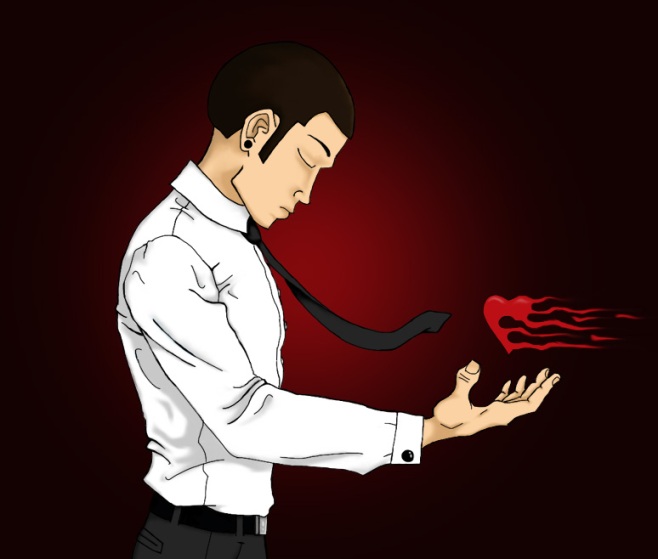An unfair and irresponsible trend has been sweeping social media and online journals.
Article after article is published, all attempting to pass as legitimate references for how to tell who in your life is a narcissist.
They are referring to Narcissistic Personality Disorder, also known as NPD. At the absolute best, these articles raise awareness about behaviors that can be emotionally abusive, such as gaslighting, which is the consistent invalidation of a person’s experience to the point that they begin to question their own judgement.
At worst, these articles (usually not written by someone with a background in diagnosing mental health illnesses) suggest that it is perfectly acceptable to label someone in their life as a narcissist. This responsibility, however, is reserved for licensed mental health professionals with at least six years of schooling and—at least in California—3,000 hours of supervision by a licensed mental health clinician. And all of this only makes someone eligible to take the licensing exam. On top of that, they need to pass in order to be able to diagnose future patients.
The unfortunate truth about diagnosing is that it is a label. It puts people into a “them” box.
When done with integrity and in an appropriate setting, diagnosing serves multiple purposes that ultimately benefit the patient. It helps a clinician decide on a course of treatment for a patient, communicate with other medical professionals about the patient, and helps define and refine treatment research efforts.
Passing out diagnoses to the masses (by the masses) is irresponsible, lacks integrity, and is far from an appropriate setting. What we are left with are thousands of people with a list of behaviors in hand—that may or may not actually be indicators of NPD—labeling people in their lives.
Labels stick. The finer point—specific to personality disorders as opposed to depression or anxiety—is that they are seen by mental health and medical professionals as being manageable but not treatable, even though some, like NPD, are actually treatable.
Having a mental health diagnosis as common and “treatable” as depression or anxiety still carries undeserved stigma, so when we say someone has what many believe to be an “untreatable” mental health diagnosis—they will always have it—we are putting a much bigger monkey on their back than we realize. We are handing them a life sentence.
Also, rather than calling someone a narcissist, it’s more responsible to say—if you must—something along the lines of “they show narcissistic tendencies.” This removes the pressure of the label.
The thing about people who engage in narcissistic tendencies is that generally, they feel insecure and have a lot of shame. Poor boundaries by parents or other guardians, along with trauma early in life, is common—the kind of trauma that shows them the world is an unsafe place and the people who are meant to be their protectors can’t, or even worse, won’t. Experiencing poor boundaries or trauma at a young age are only a couple of potential factors that can contribute to someone showing narcissistic tendencies. They also do not excuse poor behavior or mistreating other people.
The way we avoid being on the receiving end of hurtful narcissistic behavior isn’t simply to label and avoid those who engage in it, as some articles would suggest. We also need to educate ourselves on our own boundaries, heal our own traumas, and resolve our own shame. This will empower us to make better decisions about how—and with whom—we choose to spend our time and energy.
People who display narcissistic tendencies aren’t bad.
They are simply doing what they’ve always had to do to survive and get their needs met. They want what we all want: to feel seen, heard, and understood.
~
Author: Sara Cameron
Image: Fiiiiiiiiiilthy/Deviantart
Editor: Catherine Monkman
Copy Editor: Travis May
Social Editor: Waylon Lewis








Read 3 comments and reply